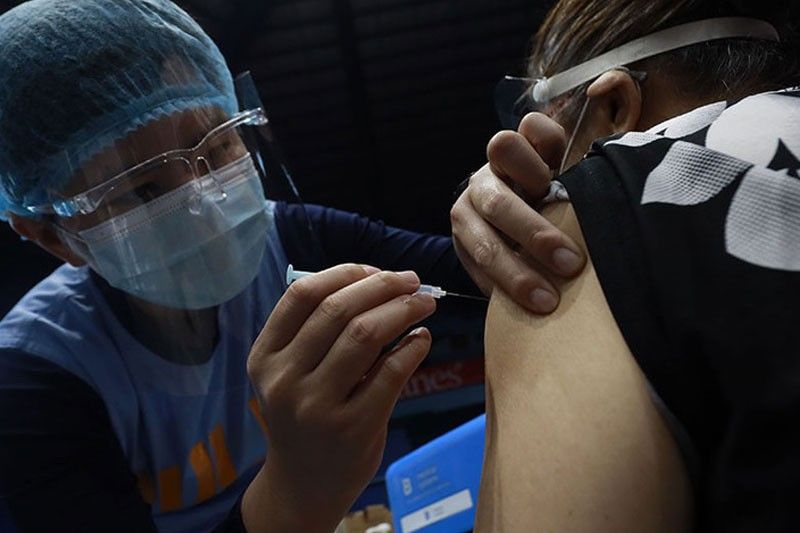‘Faster vaccine shots, business reopening crucial to jobs recovery’

MANILA, Philippines — The Philippines risks losing gains made in recovering jobs lost during the pandemic if it fails to accelerate the vaccination program and resume economic activities on all fronts, economists said yesterday.
University of the Philippines economics professor Ramon Clarete said the 4.2 percent decline in first quarter gross domestic product (GDP) may be the worst for the year, as the government by now should know how to manage future waves of the virus.
However, Clarete warned progress made in restoring the livelihood of workers may be lost if the government fails to speed up the vaccination pace and lift business restrictions.
“The COVID situation is going to become more and more manageable because of the arrival of the vaccines. Work is going to start coming back and businesses will start to reopen, and these changes will probably make up for the lack of cash that families are enduring right now,” Clarete told The STAR.
“Reopening the economy and getting people vaccinated are more important than giving people money. What’s the use of giving them money now when you have yet to vaccinate them? In the long run, it is not sustainable. Address the COVID situation first, or else jobs will be lost again,” he said.
Maria Ella Oplas, economics professor at De La Salle University, also warned government of the risks it is running in delaying the reopening of the economy.
Oplas cited, for instance, the danger of pursuing another academic calendar without face-to-face classes, as this may force millions of students to skip school due to lack of capacity to participate in distance learning.
Oplas explained this would disrupt the supply of workers needed to propel GDP output, as well as cut the potential revenue that these out-of-school youth may bring to their families.
“What the economic managers see are the visible effects of the lockdowns. However, they have yet to see that lockdowns disrupt supply chains (that) even schools right now are scared of the impact they may inflict on our future workers,” Oplas told The STAR.
Based on estimates from the Asian Development Bank (ADB), students in Southeast Asia lost at least 35 percent worth of learning last year, as they shifted to online classes without the proper tools in hand. In consequence, they are expected to miss out on potential earnings of $167, or more than P8,000, every year.
In the worst-case scenario, income losses for Southeast Asian learners may balloon to $247, or roughly P12,000, a year, according to the ADB.
In the Philippines, some 2.7 million students chose to skip school this academic year on lack of learning gadgets and access to internet to participate in the discussions.
“If businesses are allowed to open up, they will infuse capital into the economy, and they will ask their workers to report in office,” Clarete said.
In March the unemployment rate dropped to 7.1 percent, from 8.8 percent in February, marking the lowest jobless figure through the pandemic. Construction firms recovered at least 846,000 of their workers during the month to become the largest gainer among industries.
However, economic managers expect unemployment numbers to shoot up in April, as the revert to lockdown in Metro Manila compelled firms to suspend operations yet again. President Duterte placed the region and surrounding provinces under lockdown from March 29 to April 11 to arrest a resurgence in COVID-19 infections.
For Clarete, job recovery must be put first by the government to make sure families can survive the threat of price hikes in basic goods and services.
“The inflation that we have right now is a cost push in two items, namely, fuel and food, and we have to address these particular problems for households to make it through,” he said.
Inflation in April surged by 4.5 percent, beyond the government’s control range of two to four percent, on cost increases in transport and food.
- Latest
- Trending
























